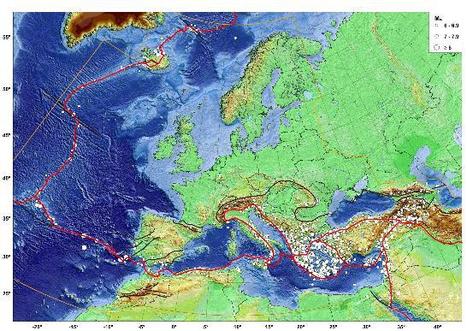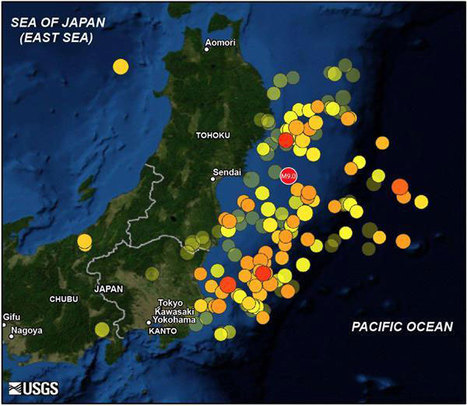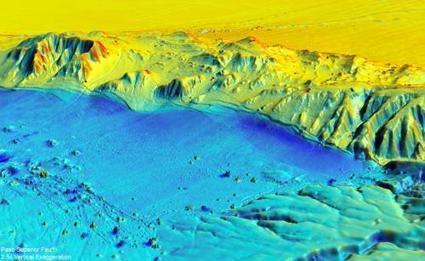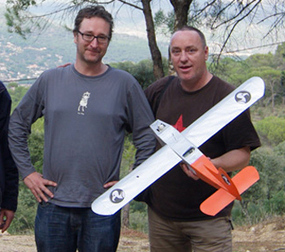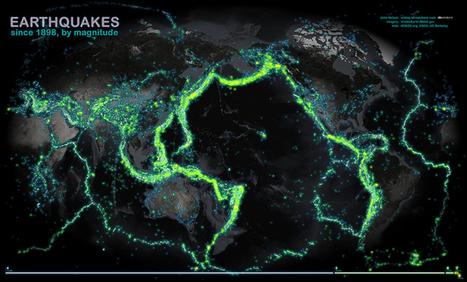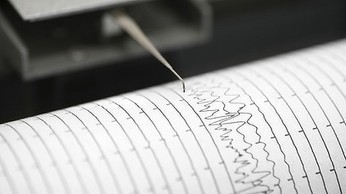For the first time, scientists of the GFZ German Research Centre for Geosciences have succeeded in setting up a harmonized catalogue of earthquakes for Europe and the Mediterranean for the last thousand years.
Get Started for FREE
Sign up with Facebook Sign up with X
I don't have a Facebook or a X account

 Your new post is loading... Your new post is loading...
 Your new post is loading... Your new post is loading...
|
Karley Krzciuk's curator insight,
April 6, 2014 9:54 PM
I found this article interesting because some places in the world do not have the technology to detect earth quakes and do not have time to take precautionary measures so since they found out that animals do detect earthquakes, they can use their knowledge to help save peoples lives. It is important to realize that if you know your animals behavior and they start to act suspicious, you should not just play it off like no big deal because it could be the difference between life and death. If they can sense an earth quake coming, maybe in the future they can detect other natural disasters or problems within the Earth.
Joshua Edwin Behning's comment,
April 7, 2014 3:32 PM
I personal would say that when it comes to animals and detecting earthquakes sounds fair off, but i did hear that animals like horses can tell when a tornado is coming their way and I can believe that because animals have better senses than us.
|



